Introduction to Automatic Pasta Production Lines
The advent of automatic pasta production lines has revolutionized the food manufacturing industry, offering a seamless blend of efficiency and reliability. These systems are engineered to cater to the rising demand for pasta products, providing a continuous flow of production from dough preparation to the final packaging stage.
Types and Applications
Different types of pasta making machines are designed to accommodate various pasta shapes and sizes, from traditional spaghetti to intricate fusilli. The versatility of these machines allows for their application in small-scale restaurants to large-scale commercial food production facilities, highlighting their adaptability across different business scales.
Operational Features
The core of these production lines lies in their operational features. Equipped with advanced automation, they minimize manual intervention, ensuring a consistent product quality. The integration of pasta extrusion technology and precision cutting devices underscores the innovative approach to pasta manufacturing.
Material and Construction
Constructed from durable materials, pasta production equipment is built to withstand the rigors of heavy usage. The choice of materials also ensures compliance with food safety standards, which is paramount in food processing equipment.
Advantages of Automation
The transition to an automated pasta machine offers numerous advantages, including enhanced production rates and reduced labor costs. The automation further contributes to energy efficiency, as these machines are designed to utilize electricity judiciously, thereby aiding in the management of operational expenses.
Considerations for Purchase
When considering the acquisition of an industrial pasta maker, factors such as production capacity, machine footprint, and compatibility with existing lines are crucial. Prospective buyers should also evaluate the ease of maintenance and the availability of spare parts, which are essential for minimizing downtime.
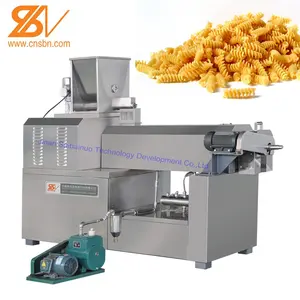




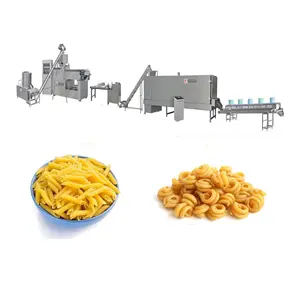








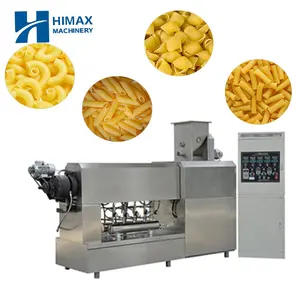



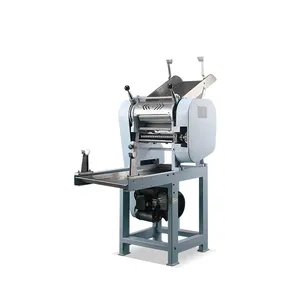
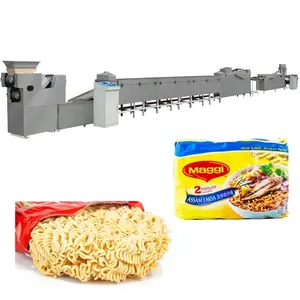






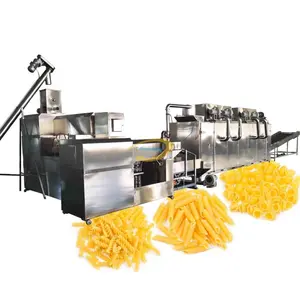



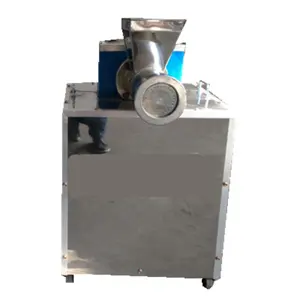





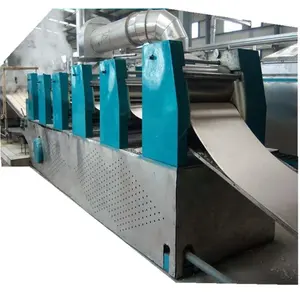


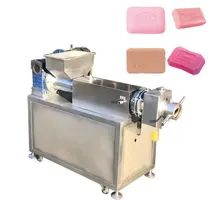
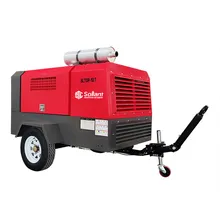
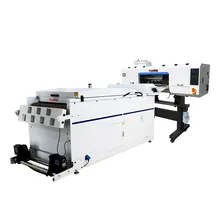
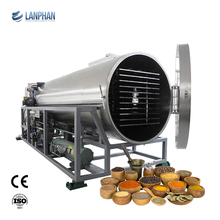
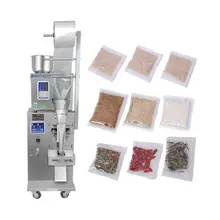


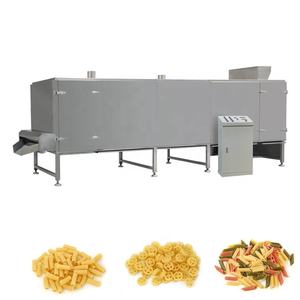


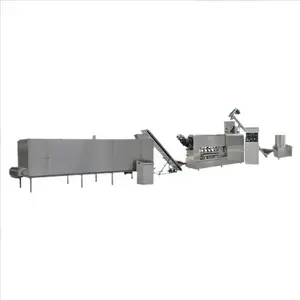

























 浙公网安备 33010002000092号
浙公网安备 33010002000092号 浙B2-20120091-4
浙B2-20120091-4